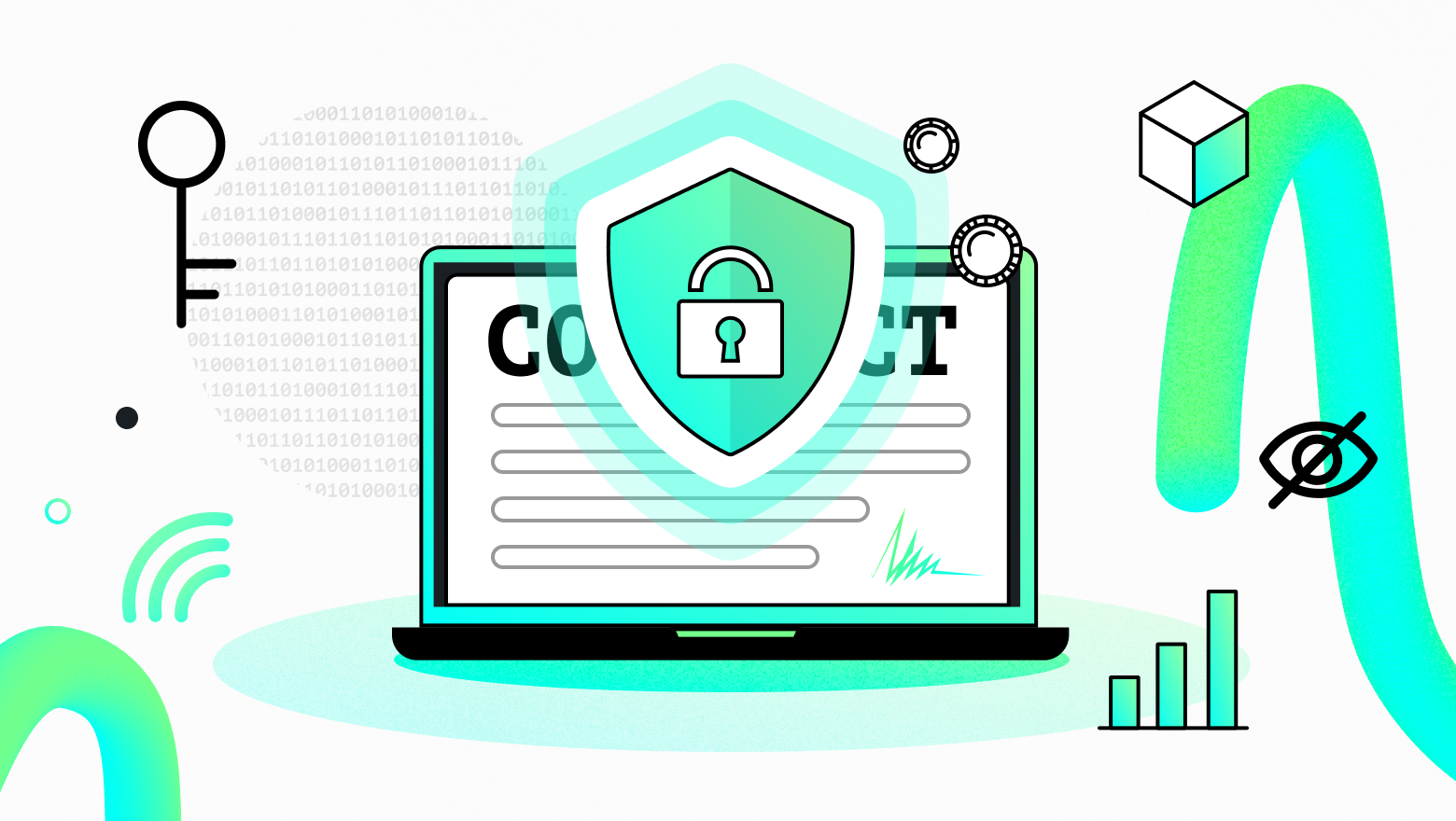Security audits for smart contracts play a pivotal role in the blockchain ecosystem, offering a robust mechanism to identify and rectify potential vulnerabilities in code before deployment. Smart Contract Audit is essential for several reasons.

Main advantages of audits
Firstly, the immutable nature of blockchain technology emphasizes the significance of catching and addressing security issues prior to deployment. Once a smart contract is deployed, it becomes permanent and cannot be altered. Therefore, any vulnerabilities or bugs present in the code may lead to irreversible consequences, such as financial losses or exploitation by malicious actors.
The decentralized and trustless nature of smart contracts, which execute automatically when predefined conditions are met, underscores the importance of airtight security. Security audits help in identifying vulnerabilities that might be exploited to manipulate the execution of the contract, ensuring that it behaves as intended and without unexpected consequences.
As smart contracts often involve the management and transfer of digital assets, securing these contracts is paramount to safeguarding user funds. Security audits scrutinize the code for potential exploits such as reentrancy attacks, overflow/underflow vulnerabilities, and other vulnerabilities that could compromise the integrity of the contract and put user funds at risk.
Moreover, the transparency and openness of blockchain networks contribute to the importance of security audits. Users can inspect the code of smart contracts on the blockchain, and any vulnerabilities left unaddressed can erode trust in the project and the broader blockchain ecosystem. Security audits serve as a means to reassure users that a smart contract has undergone a thorough examination and is secure for use.
Compliance is another crucial aspect that security audits address. Depending on the nature of the smart contract and the jurisdictions it operates in, there might be legal and regulatory requirements that need to be met. A security audit helps in ensuring that the smart contract complies with relevant laws, mitigating legal risks and potential regulatory backlash.
Furthermore, the dynamic and evolving nature of the blockchain space necessitates constant vigilance. New attack vectors and vulnerabilities are discovered over time. Security audits provide an opportunity to assess and adapt smart contracts to emerging threats, ensuring that they remain resilient and secure in the face of evolving security challenges.
In conclusion, security audits for smart contracts are indispensable in the blockchain ecosystem. They provide a proactive approach to identifying and mitigating vulnerabilities, enhance the overall security posture of smart contracts, instill confidence in users, and contribute to the long-term success and adoption of blockchain technology. As the blockchain space continues to mature, the role of security audits becomes even more crucial in maintaining the integrity and trustworthiness of decentralized applications and smart contracts.
 Мужской журнал Мужской журнал
Мужской журнал Мужской журнал
